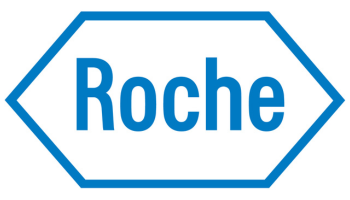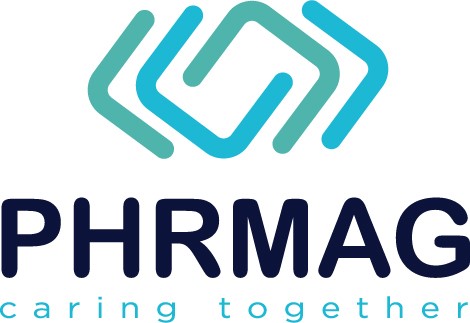تحت رعاية سموّ الشيخ خالد بن محمد بن زايد آل نهيان، ولي عهد أبوظبي رئيس المجلس التنفيذي لإمارة أبوظبي
Under the Patronage of His Highness Sheikh Khaled bin Mohamed bin Zayed Al Nahyan, Crown Prince of Abu Dhabi and Chairman of Abu Dhabi Executive Council
CRISPR-Equipped Bacteria Detect Tumors

Researchers at the University of California San Diego have created a bacterial sentinel system that can alert clinicians to the presence of tumors. The technology takes advantage of the specificity of the CRISPR system and the tendency of bacteria to uptake fragments of DNA from their environment. Termed “Cellular Assay for Targeted CRISPR-discriminated Horizontal gene transfer” (CATCH), the system has been created to detect gastrointestinal tumors in its first iteration. This involves administering the CRISPR-enabled bacteria to the gut. The bacteria have been engineered to respond to DNA fragments that encode a mutated protein that is shed by certain tumors in the gut into the surrounding environment. Once they uptake this DNA, the bacteria express a gene that confers resistance to a specific antibiotic, along with a gene that makes them glow green. These factors allow the researchers to identify the presence of tumor DNA once they harvest the bacteria from stool samples.
Researchers have grown adept at identifying and manipulating DNA using standard lab equipment. However, it is significantly more challenging to detect DNA inside the human body, although the clinical rewards could be huge – tumors can release DNA fragments into their surroundings, which float about. If we could identify these fragments, then we can identify the presence of a tumor.
Bacteria are skilled at uptaking DNA fragments that have been released by other bacteria into their surroundings. Bacteria uptake these fragments to incorporate this new genetic material into their own genome in the hopes that the new proteins they can then produce may confer an advantage in terms of growth and survival. However, these researchers decided to investigate if this mechanism could be exploited to create living bacterial biosensors.
“As we started on this project four years ago, we weren’t even sure if using bacteria as a sensor for mammalian DNA was even possible,” said Jeff Hasty, a researcher involved in the study. “The detection of gastrointestinal cancers and precancerous lesions is an attractive clinical opportunity to apply this invention.”
The researchers used a bacterium called Acinetobacter baylyi, which is adept at grabbing DNA from its environment. They engineered the bacterium so that it hosts CRISPR that can rapidly recognize DNA that encodes a mutated form of a gene called KRAS. DNA fragments containing this mutated gene are released by several forms of cancer. Once they encounter the DNA, the bacteria will express a fluorescent protein and a gene that confers antibiotic resistance. Once the researchers harvest the bacteria from stool samples, they can culture them on agar plates containing the antibiotic. Only bacteria that have expressed the antibiotic resistance gene will survive and grow on the plate, revealing the presence of a tumor in the gut.
Source: Medgadget






































